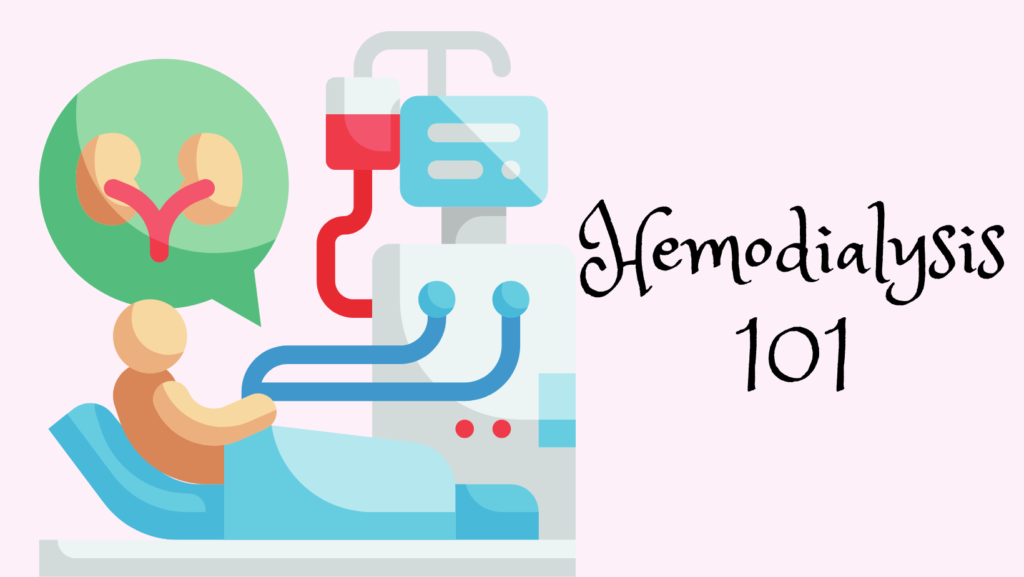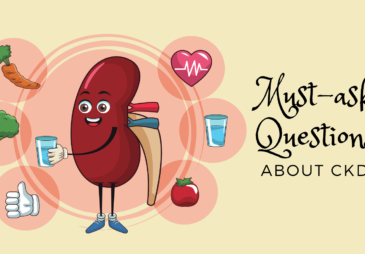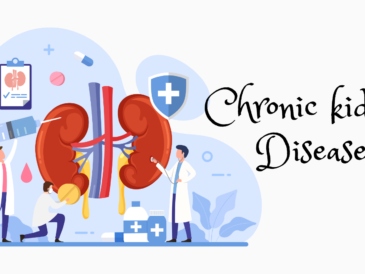If you’re on hemodialysis and have noticed that you’re no longer making urine or making very little know that you’re not alone. Many people who start dialysis experience this, especially if they were still urinating before treatment began. It can be concerning and even frustrating, leading some to wonder if dialysis is doing more harm than good. But before you worry, here’s what you need to know.
Why Does Urine Output Stop After Starting Dialysis?
Dialysis is started when your kidneys are no longer working well enough to filter waste and excess fluid from your body. If your doctors recommended regular dialysis, it means your kidney function had already declined significantly.
Even if you were still making urine before, the amount was likely decreasing over time. Urine output isn’t always a reliable indicator of kidney function. Some people with kidney failure continue to urinate, but their kidneys can no longer remove toxins effectively. That’s why dialysis is requested as it takes over the job of filtering waste, even if you’re still passing urine. Alternatively your doctors may opt for kidney transplantation if you qualify for one and have a donor.
For many people, urine production gradually slows down or stops completely after starting dialysis. This happens because the remaining kidney function continues to decline, which is expected in advanced kidney disease.

Will Drinking More Water Help You Make More Urine?
It’s common to think that drinking more water will encourage urine production, but in end-stage kidney disease, this approach can be dangerous. Your kidneys can’t filter out excess fluid, so instead of increasing urine output, the extra fluid builds up in your body. This can lead to:
- Swelling in the legs and abdomen
- High blood pressure
- Fluid in the lungs, making it hard to breathe (which can cause shortness of breath, even at rest)
That’s why managing fluid intake is crucial when you’re on dialysis. Drinking too much can cause severe complications that require emergency treatment.
What Should You Do If You’re No Longer Producing Urine?
If you’ve noticed a significant drop in urine output while on dialysis, talk to your doctor. They will assess your condition and recommend a safe daily fluid intake based on factors like:
- Your urine output (if any)
- The dialysis treatment schedule
- Weather conditions (hot weather may increase thirst)
- Your overall health
If you’re struggling with thirst, your doctor may suggest using ice chips, chewing gum, or sucking on sour candies to help keep your mouth moist without overloading on fluids. Also, remember that “fluid” includes more than just water—juices, soups, smoothies, and even certain foods with high water content (like watermelon or yogurt) count toward your daily intake.
Final Thoughts
Losing urine output after starting dialysis is a normal part of kidney failure progression. The most important thing is to follow your doctor’s recommendations for fluid management to avoid complications. Dialysis is designed to keep your body balanced, even if you’re no longer urinating, so trust the process and work with your healthcare team to stay as healthy as possible.




